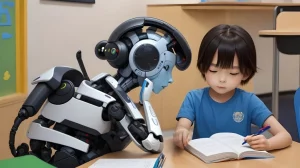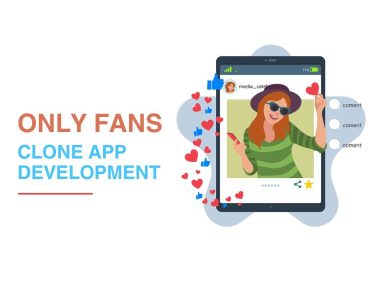Artificial Intelligence (AI) is transforming the landscape of education, ushering in innovative teaching methods, personalized learning experiences, and administrative efficiencies. As AI technologies evolve, they are reshaping classrooms, curriculum development, student assessments, and institutional operations worldwide.
Understanding AI in the Education Sector

AI in the education sector encompasses applications that enhance learning experiences, improve administrative processes, and support data-driven decision-making. These advancements aim to cater to diverse learning needs, foster engagement, and optimize educational outcomes.
Personalized Learning Paths
AI algorithms analyze student data to personalize learning paths based on individual strengths, weaknesses, and learning styles. Adaptive learning platforms adjust content delivery and pace in real-time, ensuring students receive tailored support and challenges.
Intelligent Tutoring Systems
AI-powered tutoring systems provide interactive and personalized support to students, offering explanations, feedback, and practice exercises aligned with their academic goals. These systems supplement traditional teaching methods, enhance comprehension, and promote self-paced learning.
Gamification and Interactive Learning
AI integrates gamification elements into educational platforms to engage students, reinforce learning concepts, and motivate participation. Gamified learning experiences improve retention rates, encourage collaborative learning, and enhance overall student engagement in the education sector.
AI-Enhanced Content Creation and Curation
AI automates content creation by generating educational materials, quizzes, and assessments based on curriculum objectives and learning outcomes. Additionally, AI algorithms curate relevant educational resources from vast repositories, ensuring access to up-to-date information for educators and students alike.
Predictive Analytics for Student Performance
AI-driven predictive analytics analyze student data to forecast academic performance, identify at-risk students, and recommend targeted interventions. These insights enable educators to provide timely support, prevent dropout rates, and enhance student success in the education sector.
Virtual Reality (VR) and Augmented Reality (AR) in Education

AI enhances VR and AR applications in education by creating immersive learning environments, simulations, and virtual field trips. These technologies facilitate experiential learning, foster creativity, and expand educational opportunities beyond traditional classroom settings.
Administrative Efficiency and Resource Allocation
AI streamlines administrative tasks such as scheduling, student admissions, and resource allocation in educational institutions. Automated processes reduce workload, optimize staff productivity, and allocate resources efficiently to support academic goals and student needs.
Natural Language Processing (NLP) in Education
NLP applications in education enable AI-powered chatbots and virtual assistants to interact with students, provide academic support, and answer queries in real-time. These tools enhance communication, accessibility, and personalized learning experiences across educational platforms.
Ethical Considerations and Data Privacy in AI Education
As AI adoption grows in the education sector, ethical considerations regarding data privacy, algorithm transparency, and equitable access to technology become paramount. Responsible AI deployment and adherence to ethical guidelines ensure fair treatment, safeguard student privacy, and promote inclusive educational practices.
The Future of AI in the Education Sector
Looking ahead, AI’s role in the education sector will continue to evolve with advancements in machine learning, natural language processing, and adaptive technologies. By fostering innovation, collaboration, and equitable access to AI-driven tools, education stakeholders can harness technology to empower learners, educators, and institutions worldwide.
Conclusion
In conclusion, AI represents a transformative force in revolutionizing the education sector, offering personalized learning experiences, administrative efficiencies, and innovative teaching methodologies. By leveraging AI technologies responsibly, educators can nurture a future-ready generation capable of navigating a rapidly evolving global landscape.




